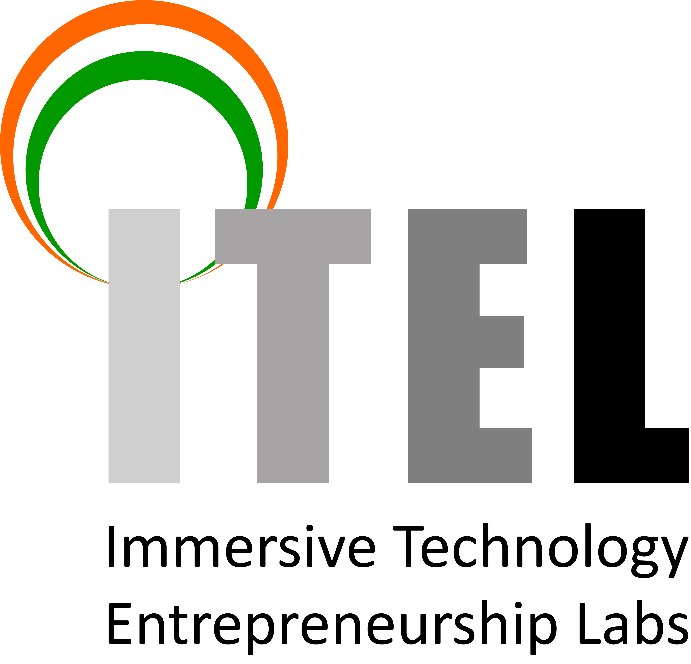Developing an algorithm based on DSM and ICD involves a multidisciplinary approach, combining clinical expertise, data science, and ethical considerations to create a reliable and effective tool for mental health assessment. Regular collaboration with mental health professionals and adherence to evolving standards in the field are essential for the algorithm’s success.
A good algorithm for assessment of Mental health disorders that is based on the Diagnostic and Statistical Manual of Mental Disorders (DSM) and the International Classification of Diseases (ICD) involves several key considerations such as;
In-Depth Understanding of DSM and ICD Criteria:
Thoroughly comprehend the diagnostic criteria outlined in the DSM and ICD for various mental health disorders. Identify the specific criteria, symptoms, and classifications relevant to the disorders targeted in the algorithm.
Clinical Expertise:
Collaborate with mental health professionals, psychologists, and psychiatrists to gain insights into the practical aspects of diagnosis and assessment. Incorporate clinical expertise to ensure the algorithm aligns with real-world diagnostic practices.
Data Collection and Validation:
Gather a diverse and comprehensive dataset of individuals with diagnosed mental health disorders. Validate the dataset to ensure accuracy and reliability of diagnoses, considering various demographic factors.
Machine Learning and Statistical Analysis:
Utilize machine learning techniques to analyze the dataset and identify patterns, correlations, and predictive factors associated with different mental health disorders. Apply statistical methods to validate the algorithm’s efficacy and accuracy.
User-Friendly Interface:
Design a user-friendly interface for mental health professionals to interact with the algorithm seamlessly. Ensure that the output and recommendations provided by the algorithm are easily interpretable and actionable.
Continuous Validation and Updates:
Establish a system for continuous validation and updates based on evolving research, changes in DSM or ICD criteria, and user feedback. Regularly review and refine the algorithm to enhance its accuracy and relevance.
Integration with Clinical Workflow:
Integrate the algorithm seamlessly into the clinical workflow of mental health professionals, ensuring it complements their decision-making process.
Privacy and Security Measures:
Implement robust privacy and security measures to safeguard sensitive mental health data. Adhere to legal and ethical standards related to data protection and patient confidentiality.
Aipsychi is pleased to report that the critical pointers are incorporated in our algorithms and systems to ensure a robust implementation that can identify the tendencies of the mental health disorders.





